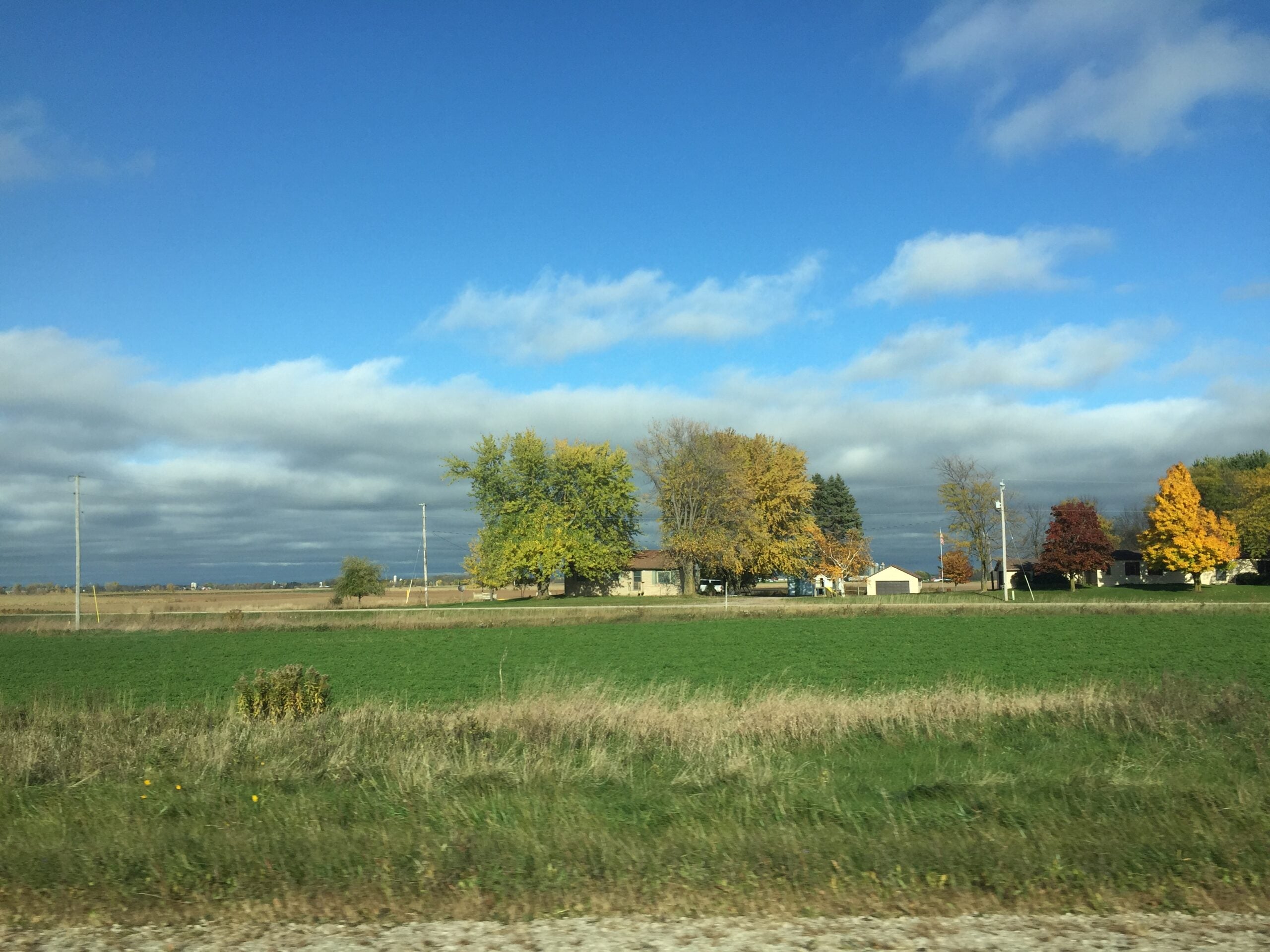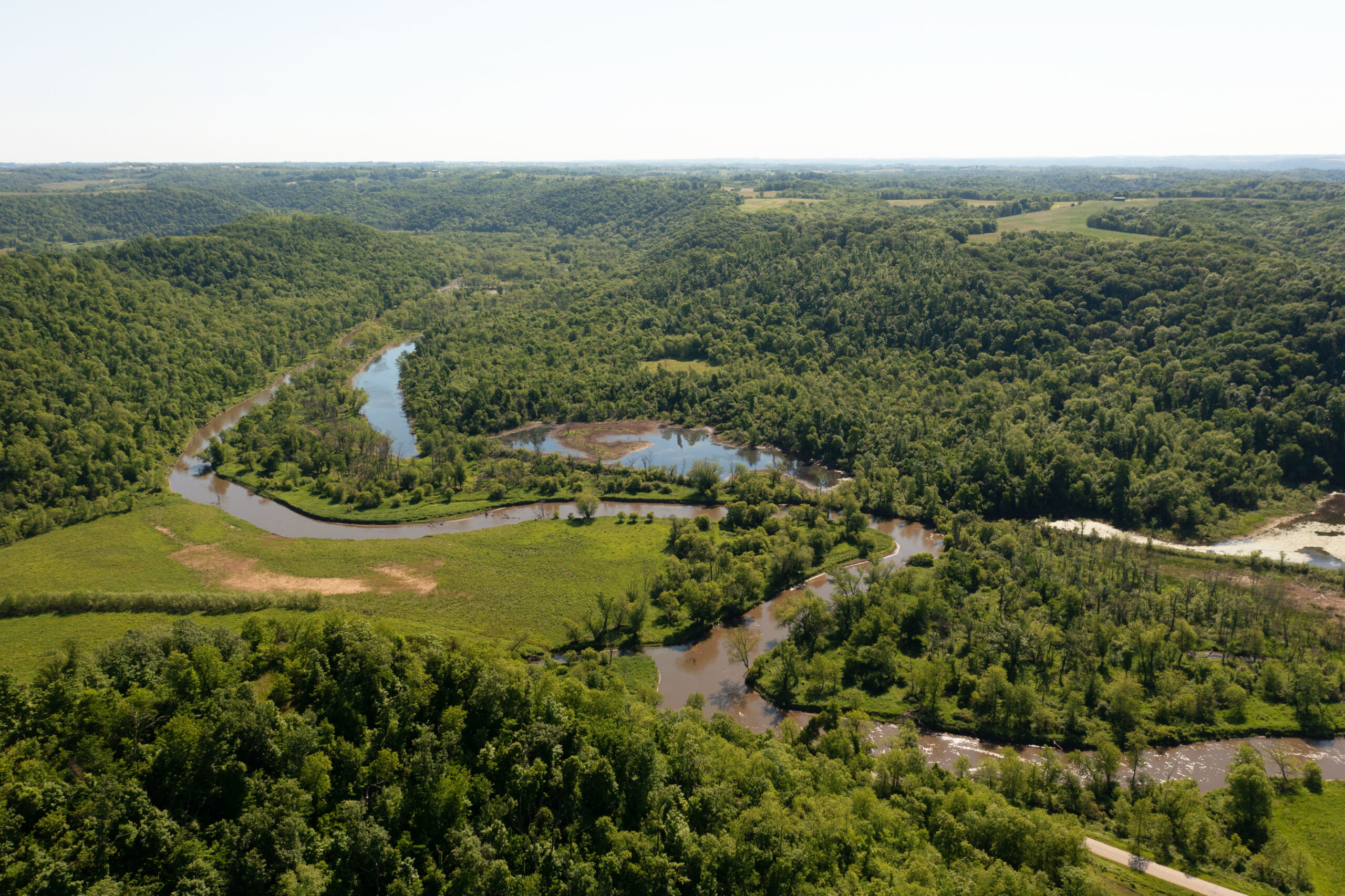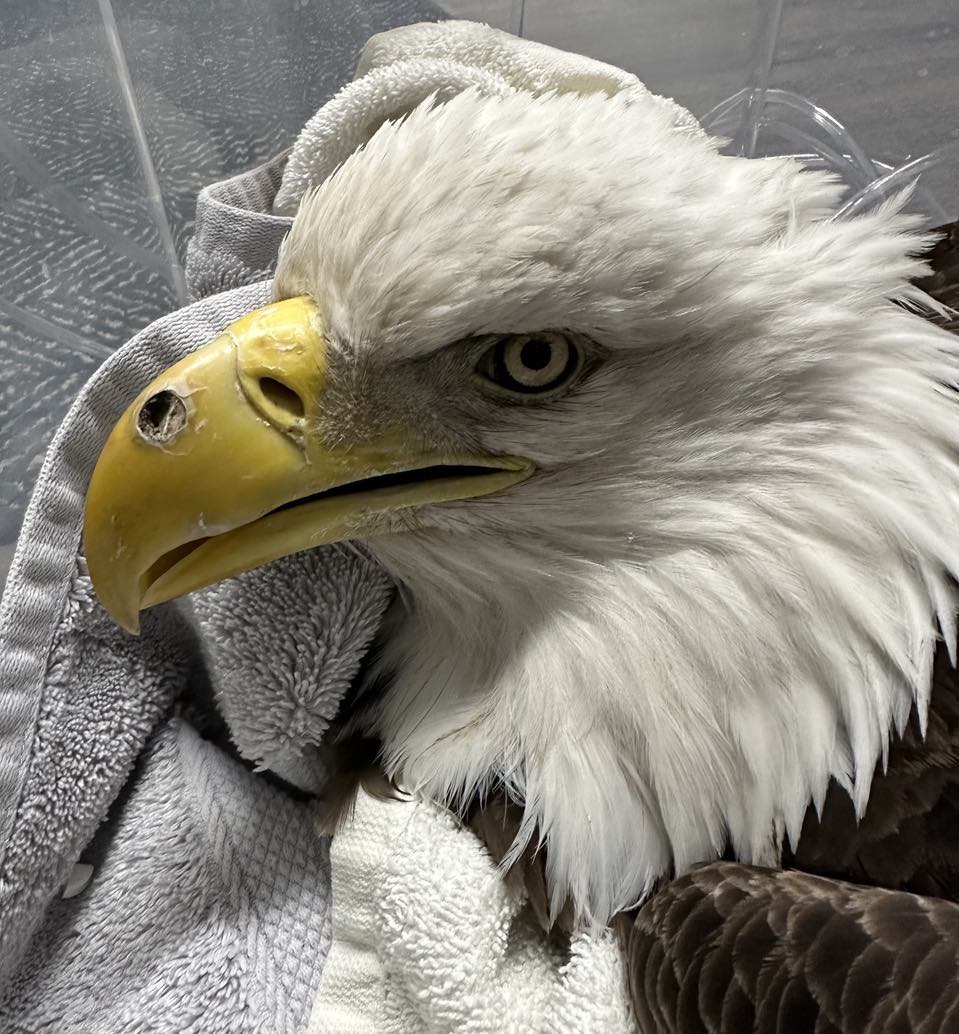A bill restricting when game wardens can enter private land is being introduced this week. Supporters say it will protect the Fourth Amendment rights of landowners, while opponents say it will make it impossible to enforce hunting laws on private land.
Rep. Adam Jarchow, R-Balsam Lake, and Sen. David Craig, R-Town of Vernon, are introducing bills to require Wisconsin Department of Natural Resources game wardens to have a “reasonable suspicion” a crime is being committed before they enter private lands.
Currently, under a legal precedent known as the “open fields doctrine,” law enforcement may generally enter private land adjacent to public land without a warrant in their investigations.
News with a little more humanity
WPR’s “Wisconsin Today” newsletter keeps you connected to the state you love without feeling overwhelmed. No paywall. No agenda. No corporate filter.
Jarchow, an attorney by trade, said allowing wardens on private property without reason is unconstitutional.
“It is simply wrong to let government agents go on private property with no reason at all,” he said.
Jarchow’s proposal follows a Wisconsin Supreme Court decision on a case from Lafayette County where a farmer was arrested after an armed standoff with DNR wardens on private property.
The wardens were searching for people hunting deer after hours while the farmer, who claimed he wasn’t hunting, thought the wardens were trespassers.
The case was sent back to circuit court, but in a concurrent opinion, Justice Rebecca Bradley scolded the DNR for citing the “open fields doctrine” in defending the wardens’ entry onto private land.
“The open fields doctrine does not transform private fields into public places that anyone is free to enter uninvited or without reason. Nor does it convert the act of trespassing into a lawful intrusion,” Bradley said.
Jarchow said the bill is echoing Bradley’s concerns and will protect landowners from unreasonable searches by the DNR.
“All we’re saying is at the very least they should have to have reasonable suspicion, and three of the justices in a concurring opinion agreed with that,” he said.
But former DNR Secretary George Meyer, who now leads the Wisconsin Wildlife Federation, points out that the state Supreme Court decision didn’t hold that wardens entered the private property unlawfully.
“So, the concurring opinion in this case appears to be an activist opinion overruling longstanding precedent and would be very detrimental to conservation laws in this state,” Meyer said.
And as for Jarchow’s bill to restrict the DNR’s use of the “open fields doctrine,” Meyer said it will hamstring the agency’s ability to check if hunters on private lands are following state hunting laws.
“You could hunt on private property without a license because a warden could never come on the property to check to see if you have one,” Meyer said.
Jarchow said the bill will be formally introduced this week.
Wisconsin Public Radio, © Copyright 2025, Board of Regents of the University of Wisconsin System and Wisconsin Educational Communications Board.







